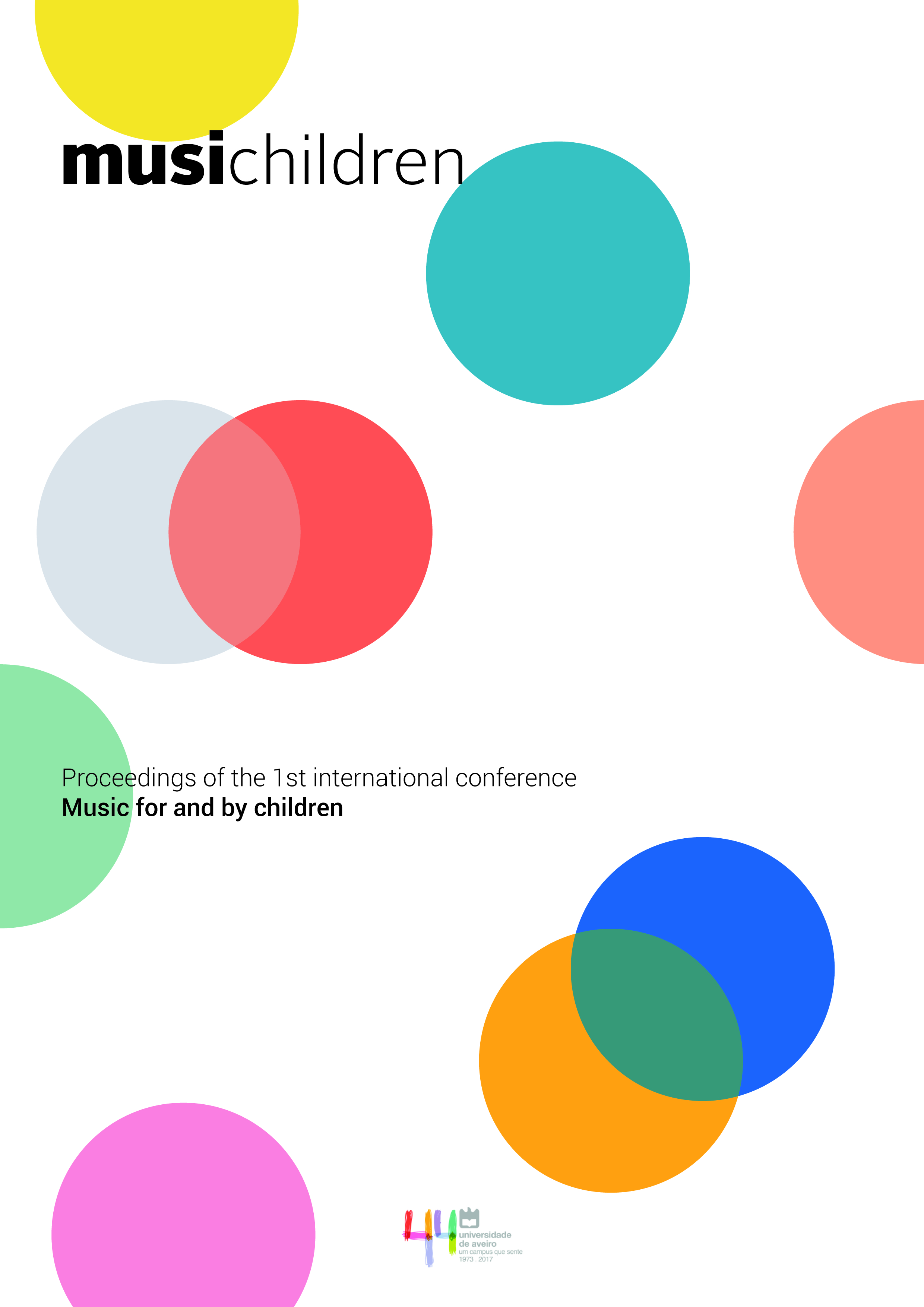Bandas marciais: Ensino coletivo nas escolas de tempo integral da cidade de Goiânia-Goiás-Brasil
Abstract
In Brazil, the school bands are great centres for preparing instrumentalists, mainly in the beginning stages of their education, for institutions of music teaching, professional bands and orchestras. In Goiânia, a city near Brasilia, the Brazilian capital, there are thirtyfive school bands and those in full-time school have as many as 200 students aged between eleven and seventeen. These bands have a staff of music teachers divided by instrument categories, such as trumpet, trombone, tuba, horn, euphonium, percussion and front choreographic body. Each teacher is responsible for his instrument and teaches it collectively. In order to investigate the applicability of collective teaching methods for school bands in the city of Goiânia, this article, which is part of ongoing research, seeks to study the relevance of the didactic material used by teachers in their respective school bands. The research aims to analyze the marching bands of ten full-time schools in the city of Goiânia, and the methodological procedure adopts the following actions: literature review, survey and analysis of didactic materials, such as methods of collective teaching of bands, strategies for collective classes and didactic planning using exercises proposed by teachers. As the research is still in the literature review phase of the collective teaching of musical instruments, the theoretical basis is established, at the present, by the following authors that discuss the social reality and the experience of collective education in school bands-in-Brazil, USA and Europe. The results obtained, so far, indicate different methodologies used in school bands in Goiânia city. However, at the end of the study, it is expected that this research may contribute to answer questions that teachers of school bands have about musical instrument teaching in the collective education.





